Related Research Articles
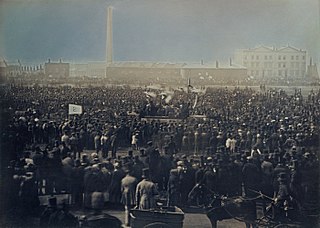
Chartism was a working-class male suffrage movement for political reform in Britain that existed from 1838 to 1857. It took its name from the People's Charter of 1838 and was a national protest movement, with particular strongholds of support in Northern England, the East Midlands, the Staffordshire Potteries, the Black Country, and the South Wales Valleys. Support for the movement was at its highest in 1839, 1842, and 1848, when petitions signed by millions of working people were presented to the House of Commons. The strategy employed was to use the scale of support which these petitions and the accompanying mass meetings demonstrated to put pressure on politicians to concede manhood suffrage. Chartism thus relied on constitutional methods to secure its aims, though some became involved in insurrectionary activities, notably in South Wales and in Yorkshire.

Zephaniah Williams was a Welsh coal miner and Chartist campaigner, who was one of the leaders of the Newport Rising of 1839. Found guilty of high treason, he was condemned to death, but his sentence was commuted to life imprisonment in Tasmania. Eventually he was pardoned, and his discovery of coal on that island earned him a fortune.
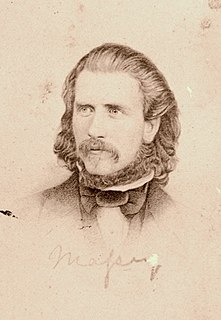
Gerald Massey was an English poet and writer on Spiritualism and Ancient Egypt.

George Wild Galvin, better known by the stage name Dan Leno, was a leading English music hall comedian and musical theatre actor during the late Victorian era. He was best known, aside from his music hall act, for his dame roles in the annual pantomimes that were popular at London's Theatre Royal, Drury Lane, from 1888 to 1904.
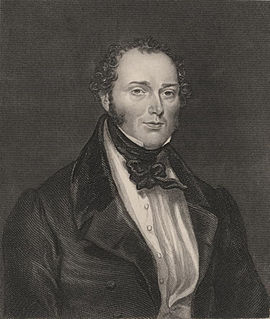
Feargus Edward O'Connor was an Irish Chartist leader and advocate of the Land Plan, which sought to provide smallholdings for the labouring classes. A highly charismatic figure, O'Connor was admired for his energy and oratory, but was criticised for alleged egotism.
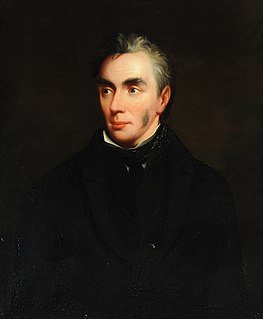
Ebenezer Elliott was an English poet, known as the Corn Law rhymer for his leading the fight to repeal the Corn Laws which were causing hardship and starvation among the poor. Though a factory owner himself, his single-minded devotion to the welfare of the labouring classes won him a sympathetic reputation long after his poetry ceased to be read.
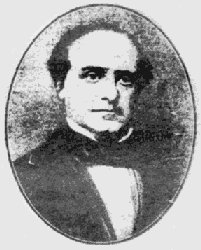
Ernest Charles Jones was an English poet, novelist and Chartist.
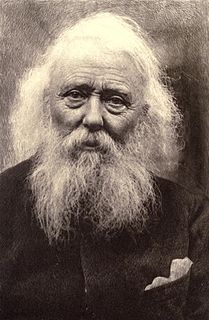
William James Linton was an English-born American wood-engraver, landscape painter, political reformer and author of memoirs, novels, poetry and non-fiction.
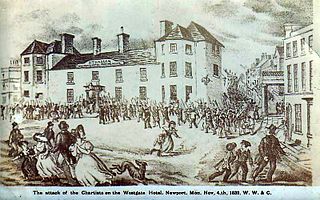
The Newport Rising was the last large-scale armed rebellion against authority in Great Britain, when, on Monday 4 November 1839, nearly 10,000 Chartist sympathisers, led by John Frost, marched on the town of Newport, Monmouthshire. The men, including many coal-miners, most with home-made arms, were intent on liberating fellow Chartists who were reported to have been taken prisoner in the town's Westgate Hotel. About 22 demonstrators were killed when troops opened fire on them. The leaders of the rebellion were convicted of treason and were sentenced to be hanged, drawn and quartered. The sentence was later commuted to transportation.
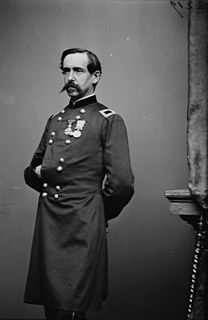
Gustave Paul Cluseret was a French soldier and politician who served as a general in the Union Army during the American Civil War, and Delegate for War during the Paris Commune.
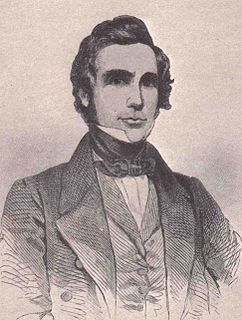
William Lovett was a British activist and leader of the Chartist political movement. He was one of the leading London-based artisan radicals of his generation.

George Julian Harney was a British political activist, journalist, and Chartist leader. He was also associated with Marxism, socialism, and universal suffrage.
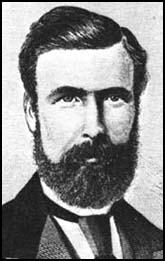
George Potter was a prominent English trade unionist.
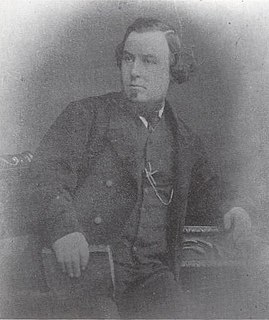
John Bedford Leno was a Chartist, radical, poet, and printer who acted as a "bridge" between Chartism and early Labour movements, as well as between the working and ruling classes. He campaigned to give the vote to all common men and women, driven by a strong desire for "justice and freedom for all mankind". He was a leading figure in the Reform League, which campaigned for the Reform Act 1867. He was called the "Burns of Labour" and "the poet of the poor" for his political songs and poems, which were sold widely in penny publications, and recited and sung by workers in Britain, Europe and America. He was an entertaining and persuasive orator and his speeches were in great demand around London. He owned, edited and contributed to Radical and Liberal newspapers and journals, and printed and distributed bills advertising London Reform meetings and demonstrations. He wrote the international hit 'The Song of the Spade'.
The Reform League was established in 1865 to press for manhood suffrage and the ballot in Great Britain. It collaborated with the more moderate and middle class Reform Union and gave strong support to the abortive Reform Bill 1866 and the successful Reform Act 1867. It developed into a formidable force of agitation at the very heart of the country.
The Propagandists were a nineteenth-century political group in The United Kingdom led by the Radical ex-Chartist John Bedford Leno. They would speak on behalf of common workers in legal and social matters and met weekly at the "Windsor Castle" pub in Holborn.
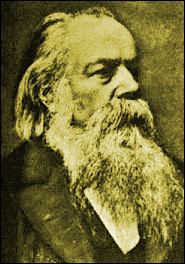
Henry Vincent was active in the formation of early Working Men's Associations in Britain, a popular Chartist leader, brilliant and gifted public orator, prospective but ultimately unsuccessful Victorian member of parliament, and later an anti-slavery campaigner.
The Treaty of Uxbridge of early 1645 was a significant but abortive negotiation to try to end the First English Civil War.
Elijah Dixon was a textile worker, businessman, and agitator for social and political reform from Newton Heath, Manchester, England. He was prominent in the 19th century Reform movement in industrial Lancashire, and an associate of some of its leading figures, including Ernest Jones, and his obituary claims that he was called "the Father of English Reformers". His activism led to arrest and detention for suspected high treason, alongside some other leading figures of the movement, and he was present at key events including the Blanketeers' March and the Peterloo massacre. In later life he became a successful and wealthy manufacturer. He was the uncle of William Hepworth Dixon.
Chartism originated in Wales in Carmarthen under the influence of Hugh Williams, a solicitor and radical reformer. Williams claimed he "got up the first radical meeting in south Wales" in the autumn of 1836 when he founded Carmarthen Working Men's Association. This followed on from the foundation the previous year of the London Working Men's Association by William Lovett and Henry Hetherington, Hetherington was a friend of Hugh Williams and is likely to have influenced his activities in south Wales. The People's Charter, embodying six points, was published in May 1838, with an address by Lovett and Hetherington. It became the focus of widespread meetings in support of its objectives throughout Britain. The People's Charter was later published in Welsh increasing the movement's appeal in Welsh-speaking areas. Chartism in Wales reached its climax in November 1839 with the Newport Rising and subsequent treason trial of Chartist leaders.